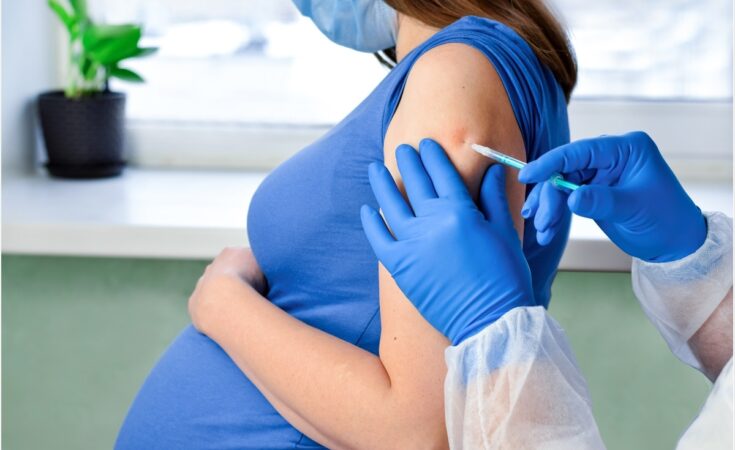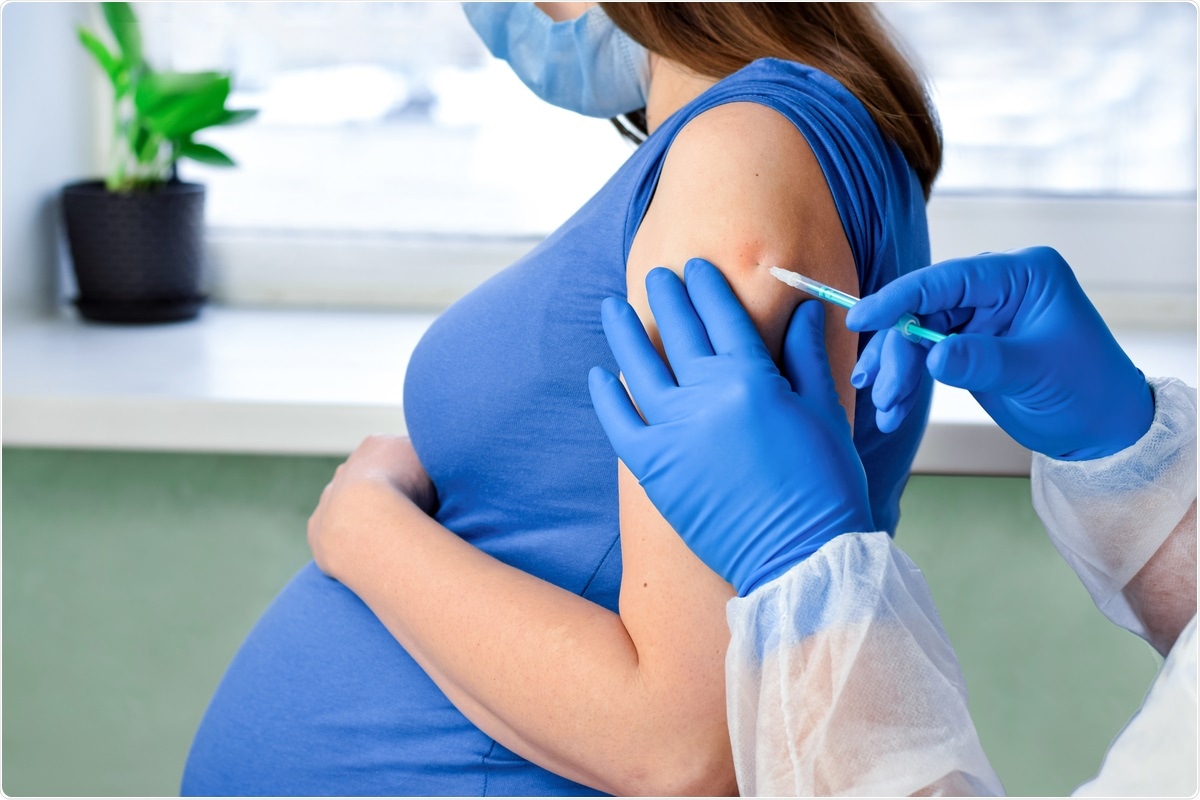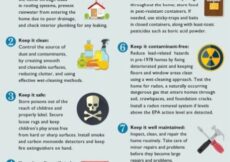In most developed countries, several vaccines have been developed against the coronavirus disease 2019 (COVID-19), all of which target the immunodominant spike antigen of the severe acute respiratory syndrome coronavirus 2 (SARS-CoV-2). A new JAMA study discusses the antibody levels in the newborns born from mothers who have been vaccinated against COVID-19 and compares these levels with those that arise following maternal infection with SARS-CoV-2.
Study: Durability of Anti-Spike Antibodies in Infants After Maternal COVID-19 Vaccination or Natural Infection. Image Credit: Marina Demidiuk / Shutterstock.com
Introduction
Pregnant women may be safely vaccinated against COVID-19 in pregnancy. In fact, this is being actively recommended in many centers given the accumulating evidence that moderate to severe infection with SARS-CoV-2 poses a significant risk to the pregnant mother.
Following maternal vaccination, an immunocompetent pregnant woman develops functional antibodies to the SARS-CoV-2 spike protein, which mediates attachment to the host cell through receptors like the angiotensin-converting enzyme 2 (ACE2), and cell entry via membrane fusion. These antibodies are found at detectable levels in umbilical cord blood at the time of delivery and are considered protective against COVID-19 in the newborn and infant period.
There is a strong correlation between anti-spike antibody levels in the cord blood and maternal serum. The antibody titer is highest when vaccination is administered late in the second trimester or early in the third trimester.
About the study
The study included pregnant women who had received a COVID-19 vaccine during pregnancy or had been infected with SARS-CoV-2 between 20-32 weeks gestation. All study participants were part of a prospective study, in which their babies were also enrolled. The aim of the current study was to determine if transplacental antibody transfer to the fetus was superior following maternal vaccination or natural infection.
Taken together, 77 and 12 mothers who had received the vaccine or been infected, respectively, were included in the current study. The mean sample collection period was 170 days after birth for the former group and 207 days for the latter.
Study findings
Antibody titers in both the maternal serum and cord blood at the time of delivery were higher in the vaccinated group at a mean of 2 as compared to unvaccinated and infected mothers who had mean titers of 0.65. Antibody titers in the cord blood were 2.2 and 1.00 in babies born to vaccinated and unvaccinated/infected mothers, respectively.
Anti-spike immunoglobulin G (IgG) was detected in all infants but one born to vaccinated mothers, with the mean titer being 1.3 at two months. The titer at this time correlated well with maternal and cord blood levels at delivery.
The researchers were then interested in determining whether these transplacentally transferred antibodies would persist. At six months after birth, antibodies were found to persist at detectable levels in 57% of infants born to vaccinated mothers. Conversely, only one of 12 infants born to infected mothers continued to show detectable antibody levels at this time.
Mean antibody titers at six months was 0.33 among infants of vaccinated mothers but undetectable among the other group of infants. Correlation with maternal or cord blood levels could not be determined, as over 40% of infants even in the vaccinated group failed to show detectable levels of antibodies at six months.
Implications
The study findings demonstrate that most infants benefit from maternal COVID-19 vaccination, as they exhibited persistent anti-spike IgG antibodies for up to six months. In contrast, infants born to mothers who had been naturally infected during pregnancy did not exhibit detectable antibody levels to the SARS-CoV-2 spike antigen.
The current study is highly relevant, as COVID-19 in early infancy accounts for a large share of pediatric disease following infection with SARS-CoV-2. At present, maternal vaccination is the only other way to protect these young babies, as vaccination is not currently approved for children under the age of five in the United States.
Some of the limitations of the current study include its small size, as well as the fact that antibody titers were reported rather than the clinical outcomes in each group. The lack of a definitive basis to assess whether these titers represent protective immunity is another limitation to truly evaluating the benefit of maternal vaccination.
Pending validation by further well-designed studies and the demonstration of a significant risk of morbidity to the neonate as opposed to the mother, the current study may indicate a major benefit of vaccination in pregnancy.
“These findings provide further incentive for pregnant individuals to pursue COVID-19 vaccination.”



































